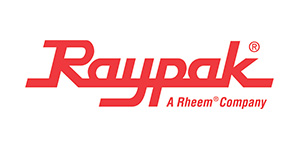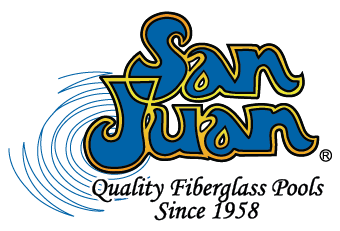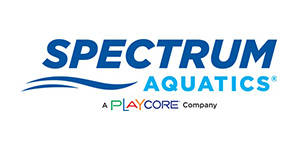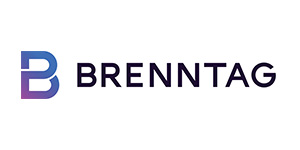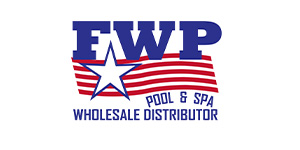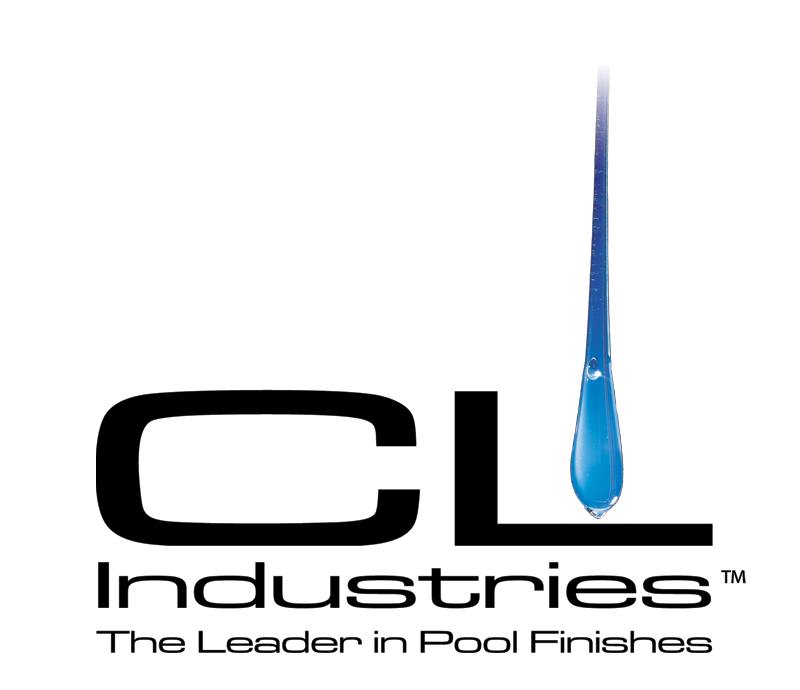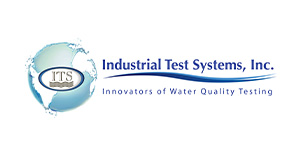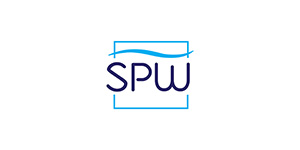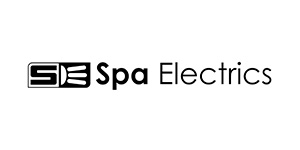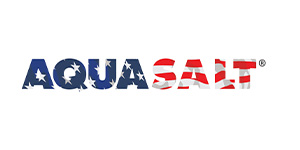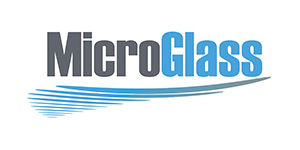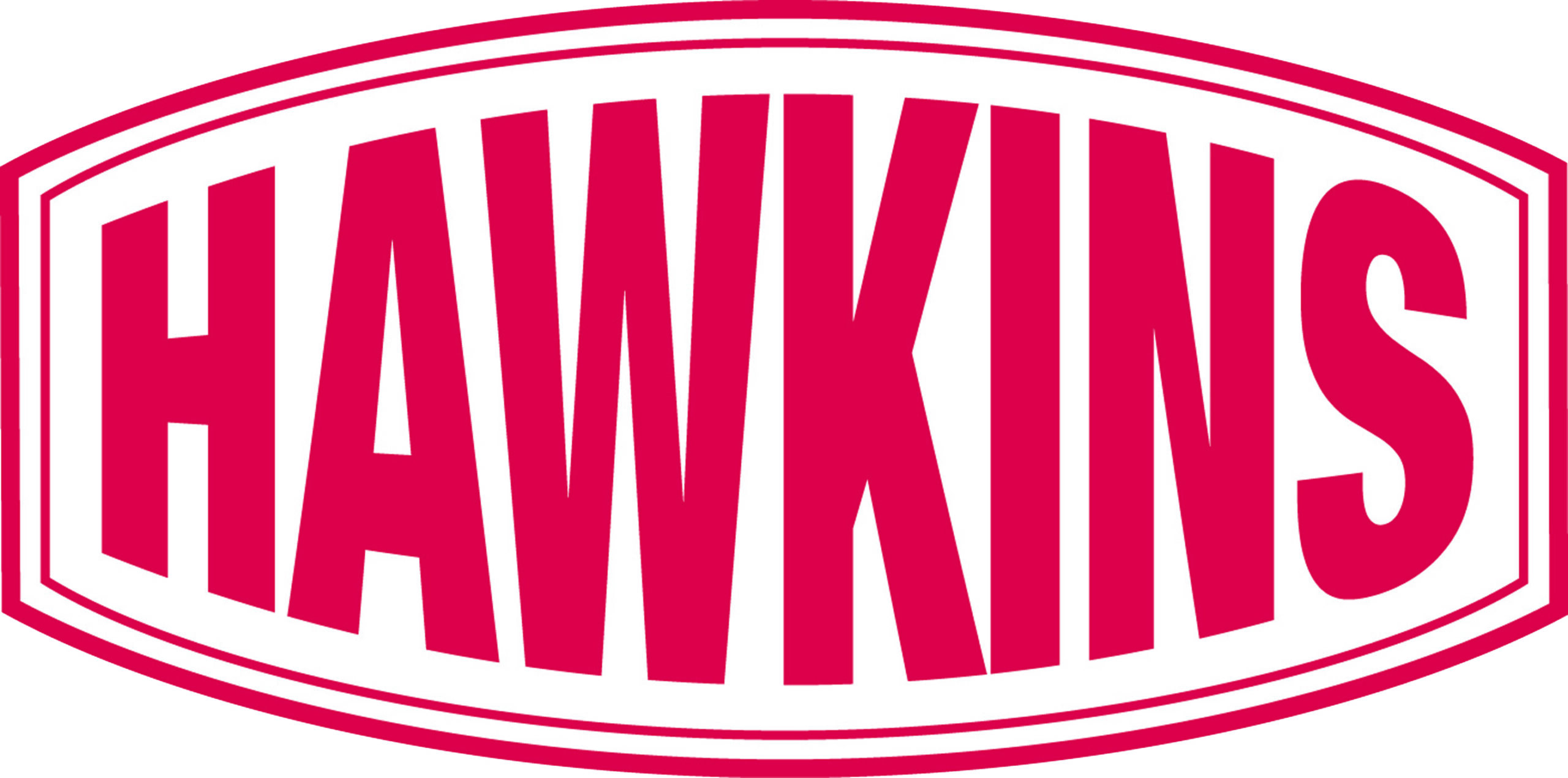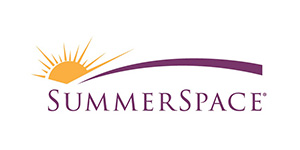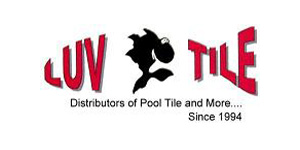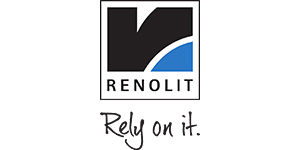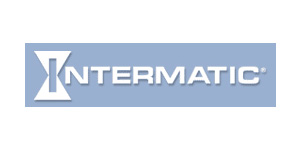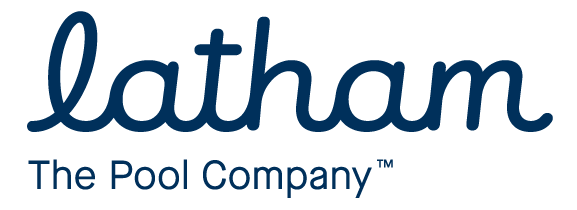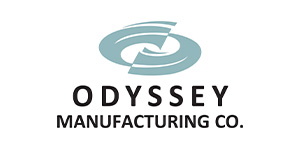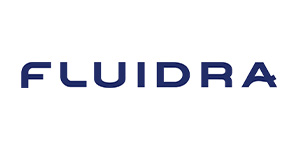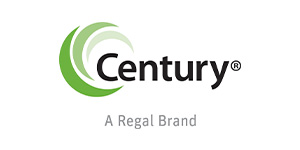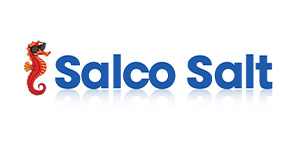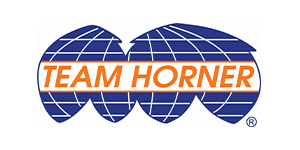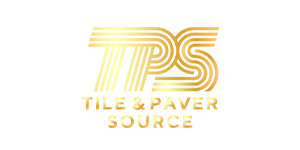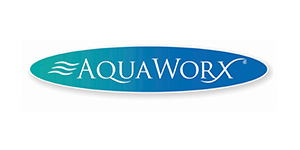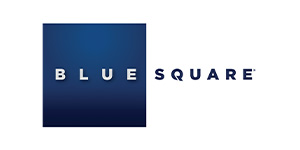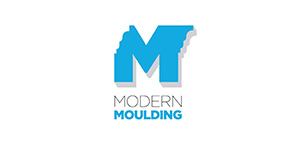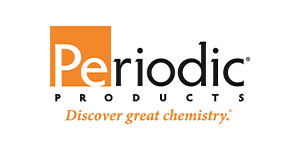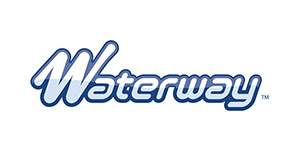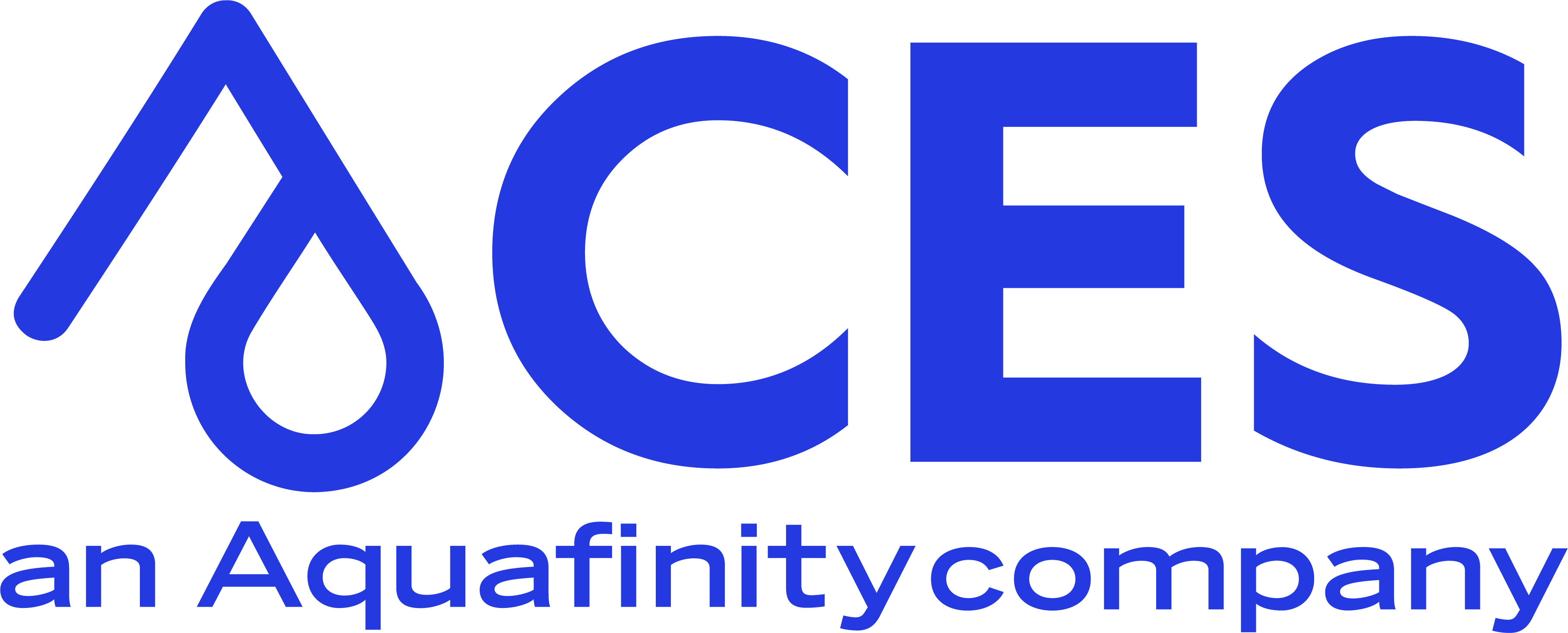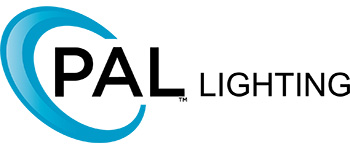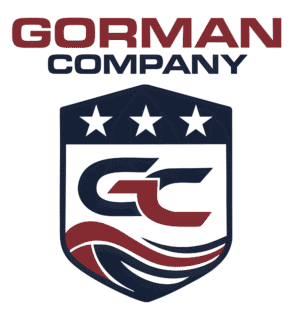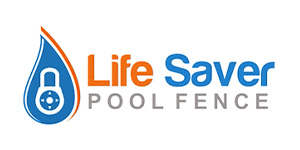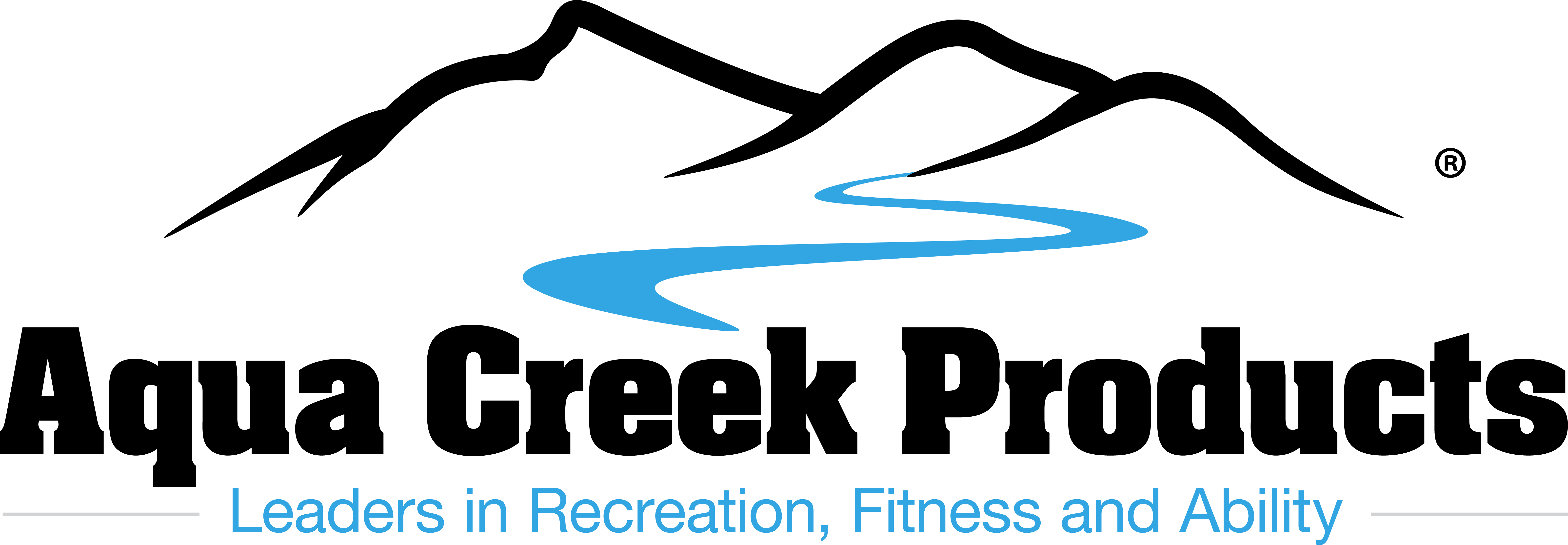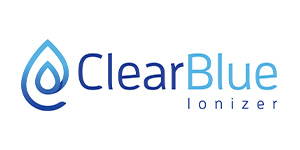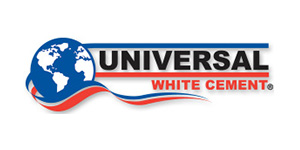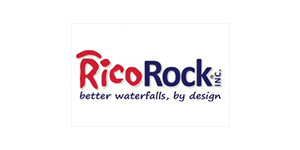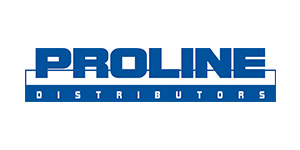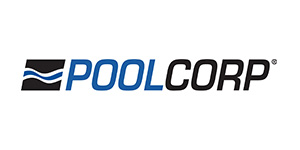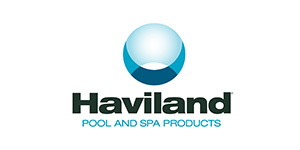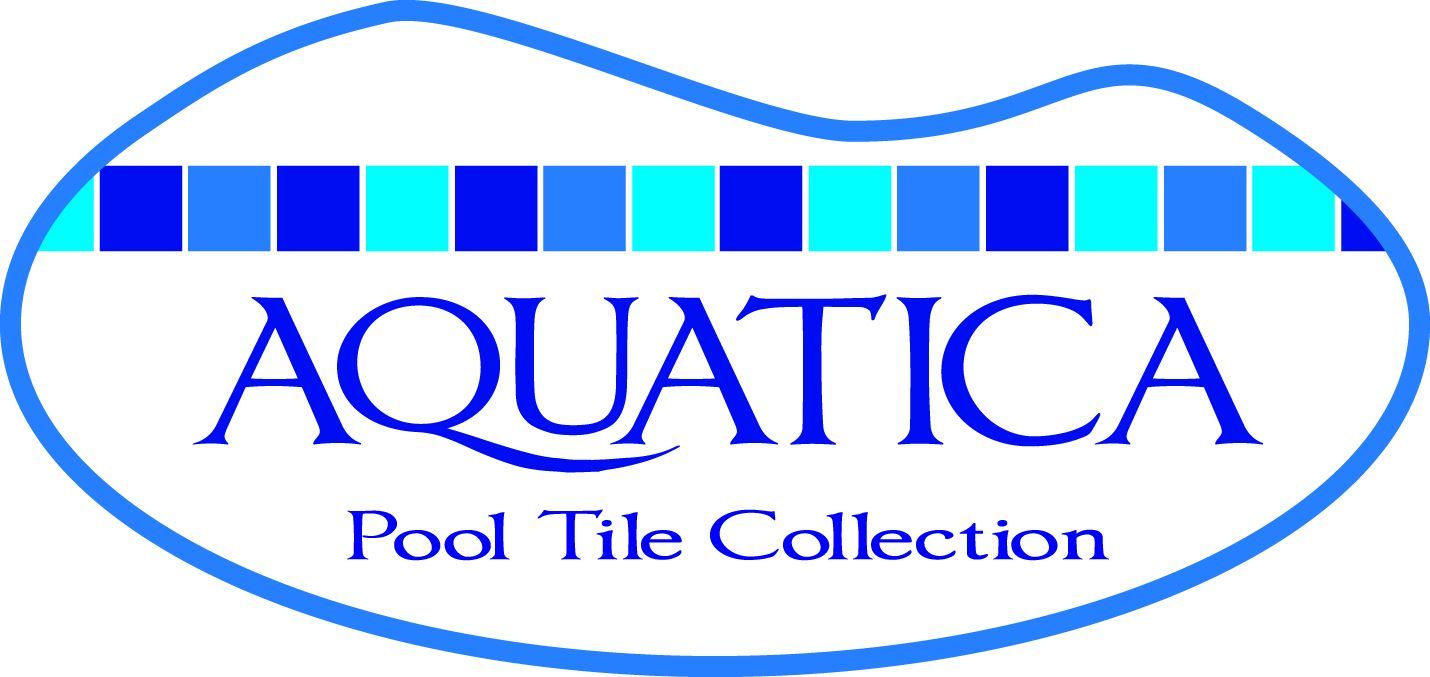As a swimming pool contractor, providing a commercial bid
package takes a large amount of time to prepare and can certainly leave you
with a feeling that you have wasted your time. This frequently happens
when providing a bid to a general contractor who may or may not have the
job.
This scenario typically falls into what I call the
traditional bid process; where a project is publicized requesting bids.
The intent is to obtain comparative bids also referred to as an
“apples-to-apples” bid package. However, that assumes that everyone
adheres to the specifications. With our current supply chain issues and
DOE changes in pump efficiency, it is becoming unrealistic to provide a
proposal without providing variations to the specifications. In addition,
there are certain items that may be a recommendation and not a requirement to
upgrade the specifications, such as providing schedule 80 versus schedule 40 plumbing.
How do you handle these conditions and should you vary from
the specifications to deliver a bid that provides what will actually be
offered? In other words; is it acceptable to treat some of the components
as if they were a design-build? It is my opinion that this would provide
a bid package that’s realistic, in addition to providing some benefits to the
bidder as well as the client. In lieu of just providing a number, this
approach increases your opportunity to engage the client, which provides an
opening to learn more about the client and the project itself. The
approach is to engage the client with valid reasons to ask questions and make
an informed decision as to bid the project or not.
Treating the bid process with the design-build mentality will
take time upfront. However, this may save you much more time than
preparing a bid with the only spotlight being a number. Much can be
learned and gained with asking the right questions. For example, when
will your scope of the work (contract) start? What’s your time frame in
completing the contract? After all, the goal of bidding a job
should not just be to get the job and worry about everything else later.
Engaging the client and gathering information on expectations builds
credibility and trust that can make the difference of a successful
project.
To learn more, Jeff Clarkson is teaching a CE course on August
18 at the FSPA T.E.C. Center. Visit www.FSPATECCEnter.com
and find it on the calendar for more details.
